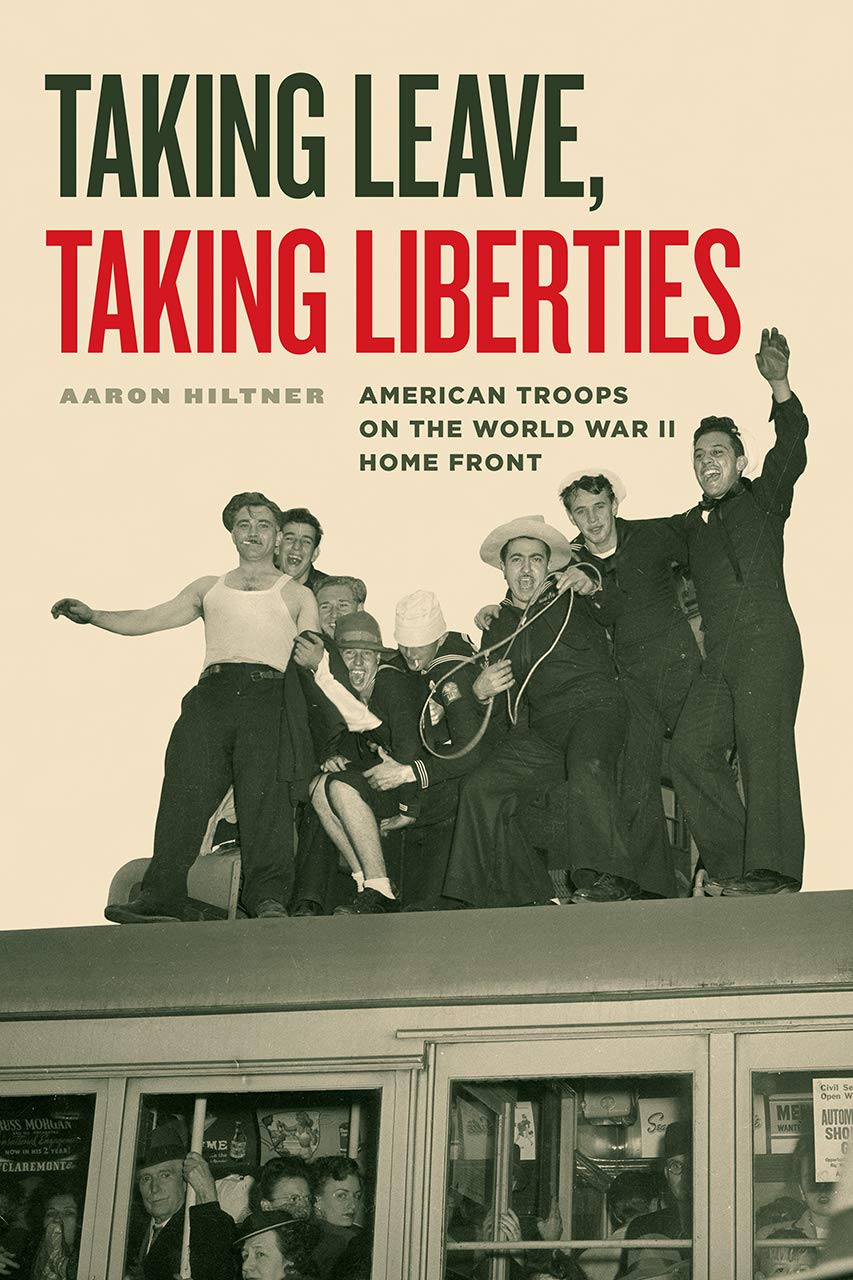当記事は「史実を世界に発信する会」代表代行・茂木弘道様より転載許可を頂き掲載しています。
<書評>休暇を取り、自由を得て:第二次世界大戦における国内戦線のアメリカ軍(アーロン・ヒルトナー著、シカゴ大学出版会 2020)
書評者: タダシ・ハマ(日本語訳「発信する会」)
本書は、第二次大戦中アメリカの本土内に配置されていた米軍戦闘員の問題行為を扱っています。米軍兵士1600万のうち全く外地に行かず、国内に駐屯していた兵士は65~70%に及ぶと推定しています。
では、こういう後方部隊は何をしていたのか。大酒を飲み、仲間同士で争い、民間人や警察と暴力沙汰を起こし、女をレイプし、時には殺人まで犯すことがありました。ヒルトナーは、暴力も大酒も、それが男らしいことだという自己満足から来ていると分析します。米軍の軍服を着るとマッチョな気分になってしまうのであり、また、軍服を着ていれば、何をしても許されるという甘えが出て来てしまうこともあると分析しています。ところが、黒人部隊の場合は大酒も暴力も白人の人種差別が原因だ、という流行りの見方でかたずけようとしていることを評者は批判しています。
アメリカ国内における米軍兵士用の売春施設について、ヒルトナーは、バージニア州ノーフォーク市の市当局が同市内の売春婦を対象に、指定地域内での売春行為をを許可し、売春婦は市税を納入し、定期的に性病の検診を受けた例を記述しています。ところが、海軍兵士の間に性病が突発的に蔓延したため、海軍の圧力により指定地域を閉鎖させたそうです。その結果、売春と犯罪がノーフォーク市の全域に広がったということです。
評者は、ヒルトナーは太平洋の重要な米軍基地であるハワイのことを書いていないことを批判しています。売春は非合法であったが、売春婦は指紋押捺して登録すれば、売春ができたといいます。売春婦は、報酬として3ドルを受け取り、売春宿がそのうちの1ドルを取っていました。米軍は犯罪と伝染病を防止するために、日本の慰安所と同じような売春対策を講じていたという事実をもっと紹介するべきではないかというわけです。
書評原文(英語)
http://www.sdh-fact.com/CL/TakingE.pdf
書評日本語訳(発信する会訳)
令和3年4月22日「史実を世界に発信する会」会長代行 茂木弘道拝
<Book Review>Taking Leave, Taking Liberty: American Troops on the World War II Home Front (Aaron Hiltner ,University of Chicago Press, 2020.)
Reviewed by Tadashi Hama
During World War II, there were a lot of US military personnel based in the homeland: out of 16 million American soldiers, “many of these troops never went abroad.” Author Arron Hiltner estimates that “65-75 percent of all soldiers were stationed domestically” and suggests that “as few as 10 percent … actually saw combat.”
What did these rear echelon troops do? Drink to excess, fight amongst themselves, civilians and civilian police, rape and occasionally murder. Hiltner ascribes acts of violence and drunkenness to a masculine ego activated when one dons a US military uniform and a sense of immunity conferred by the uniform. For black American troops, however, Hiltner assures us that their drunkenness and violence were due to “white racism.” Rather than allow a cliché to substitute for an explanation, one could instead review rates of crime of white and black civilians in the 1940s and also examine socioeconomic status, upbringing and level of self-control as contributing to black criminality at the time. However, it is much easier to ascribe inequality to “racism” rather than painstakingly root through history.
As to US military utilization of prostitutes, Hiltner notes that Norfolk, Virginia city officials allowed prostitutes do business within a designated area. Prostitutes paid city taxes and were regularly examined for venereal diseases. However, the Navy pressured the city to close the area due to an “outbreak” of venereal disease among naval personnel, forcing prostitution and crime to spread throughout Norfolk.
Hiltner surprisingly ignored Honolulu, a key Pacific American military base during WWII. While prostitution was not legal, prostitutes were fingerprinted and registered to work as prostitutes. From the prostitute’s $3 fee, the brothel owner received $1. There was probably a wider role of the US military and local governments in the regulation of prostitution in the US during World War II, with the aim of controlling crime and disease transmission—very similar to Japan’s use of comfort station. Perhaps Hiltner will follow up with such a book in the near future.
Article URL:
PDF:
http://www.sdh-fact.com/CL/TakingE.pdf
Note: Japanese names are rendered surname first in accordance with Japanese custom.











